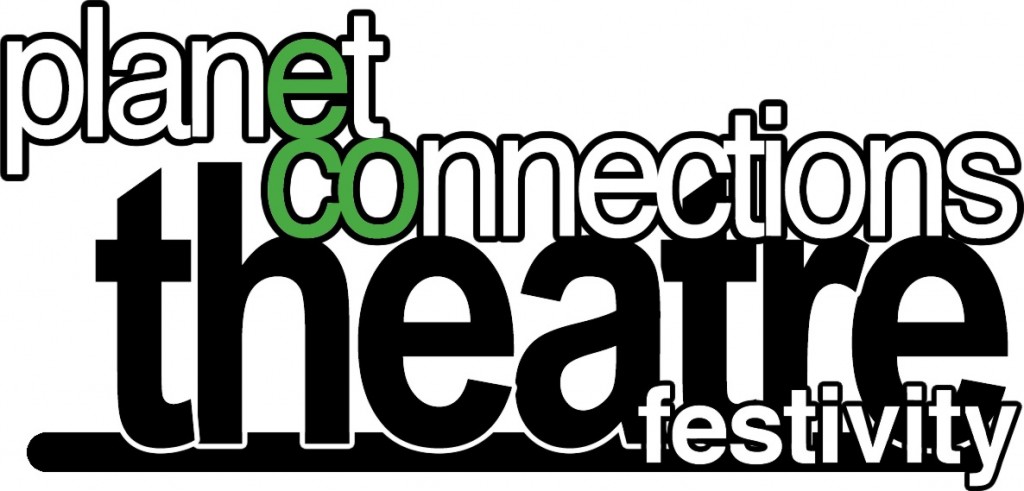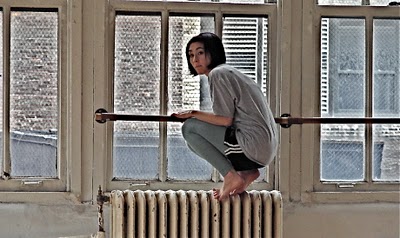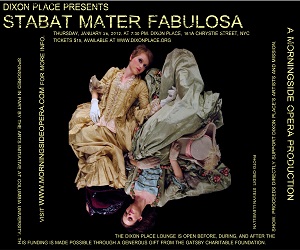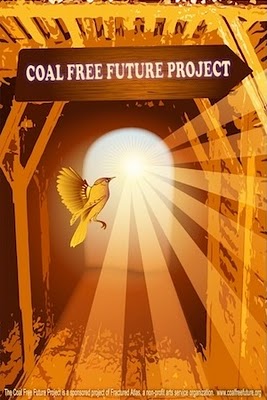
Planet Connections Theatre Festivity is New York City’s premiere eco-friendly theatre festival, connecting artists and audiences with diverse dynamic charitable organizations. The Planet Connections experience entertains, enlightens and informs.
The Happiest Medium (proud sponsors of The Planet Connections Festival), will be running Q&A throughout the festival.
Today we ask one question each of 4 1/2 Hours: Across the Stones of Fire author Jeff Biggers and Melissa F. Moschitto, writer and director of Another Place. These two strong plays really show what Planet Connections is all about – both plays raise some tough questions about how we live on this planet and how we interact with our resources . . .
4 1/2 Hours: Across the Stones of Fire
answers by Jeff Biggers
Here’s Antonio’s question -
If you would have to single out a quality between dialogue, plot or character, which one is the strongest in your play/piece, and why?
As a love story set on the coalfield front lines, “4 1/2 Hours: Across the Stones of Fire” unfolds with the relentless pace of 200-year-old clashes. The two lead characters, Marie and Hovie (performed by Stephanie Pistello and Ben Evans), whose 150-year-old homestead is slated for destruction by a strip mine, stand out in this veritable war zone with their unblinking trials to understand their love and commitment to each other, and their land.
Here’s Karen’s question -
What has been the most surprising or unexpected thing that’s happened during this play? Did that wind up taking the play in a new direction?
The faux “clean coal” commercials that lace through the play, forever flickering from the TV, underscore the laugh-out-loud absurdity of an industry that has sought to dispel the truth with bogus marketing for decades.
Here’s Anne’s question -
What do you think is the central theme and reason this play was conceived?
Taken from a real-life tragedy of strip-mining, mountaintop removal and the forced removal of American citizens still unfolding today across the country, our play ultimately asks: What are you willing to do to defend your love for your family, and your land?.
Here’s Stephen’s Question -
Why should the audience (we) go to your play? What will the audience learn about the “human condition” by going to your play?
When the neon marquee signs light up Broadway’s theatres every night, a signal is sent to a nearby coal-fired plant, using coal strip-mined from Appalachia and other parts of the country–in effect, New York theatre goers will participate in one of the most egregious environmental and human rights disasters in American history. “4 1/2 Hours: Across the Stones of Fire” is one of the first theatre productions to bring the stories of the human cost of that disaster to the stage.
Here’s Sarah’s Question -
What is your favorite line from the play?
From Hovie, the young strip-miner, whose wife is pregnant: “Baby, let’s get out of here. This holler is cursed. I feel it. We have no idea how much lead or arsenic has been in our water. What are we going to put in the baby’s bottle? I’ll tell you the truth. I know those coal slurry ponds leak. I built them.”
Here’s Diánna’s Question -
What about this play do you feel most drawn to personally, and because of that, what message do you hope the audience walks away with?
Adapted loosely from my memoir, Reckoning at Eagle Creek: The Secret Legacy of Coal in the Heartland(Nation Books), about the strip-mining of my family’s centuries-old historic community and diverse forests, our play–which has toured across the country– is part of a national movement to use the arts and theatre to showcase stories from the frontlines of the coalfields, and galvanize action for a clean energy future.
* * *

Another Place
answers by Melissa F. Moschitto
Here’s Antonio’s question -
If you would have to single out a quality between dialogue, plot or character, which one is the strongest in your play/piece, and why?
Our defining characteristic is being anachronistic. The topics and emotions included in global warming and climate change are so huge and diverse we’ve embraced those whole-heartedly and encouraged ourselves to thinking beyond the scope of time and place. In other words, it’s entirely possible to have Christopher Columbus discussing economics with contemporary Danish economist Bjorn Lomborg.
Here’s Karen’s question -
What has been the most surprising or unexpected thing that’s happened during this play? Did that wind up taking the play in a new direction?
We really let our process be as open as possible and had two months of very fruitful exploratory rehearsals as we worked to devise this (still in progress!) play. We found ourselves drawn to the myth of Christopher Columbus, a story that we explored more than two years ago but only in a workshop format. I guess we had some unfinished business! But it’s helped us to see some issues in a radically different light and likewise has been an extremely challenging subject matter to wrestle with.
Here’s Anne’s question -
What do you think is the central theme and reason this play was conceived?
Our central question is, what is the gap between responsibility and ability? We have all this knowledge about how to protect or improve the environment, yet we are collectively so slow to change as a culture. How do we motivate change individually, locally and globally?
Here’s Stephen’s Question -
Why should the audience (we) go to your play? What will the audience learn about the “human condition” by going to your play?
The play is all about grappling with the human capacity for change. Specifically, we’ll be looking at our own accountability and responsibility when it comes to the environment, but on a greater scope, it’s about all forms of change and awareness.
Here’s Sarah’s Question -
What is your favorite line from the play?
“This story is very simple, but ends in heartache that is so complex that no one will take the blame.”
Here’s Diánna’s Question -
What about this play do you feel most drawn to personally, and because of that, what message do you hope the audience walks away with?
We are all capable of making the earth a cleaner and kinder place!




{ 0 comments… add one now }